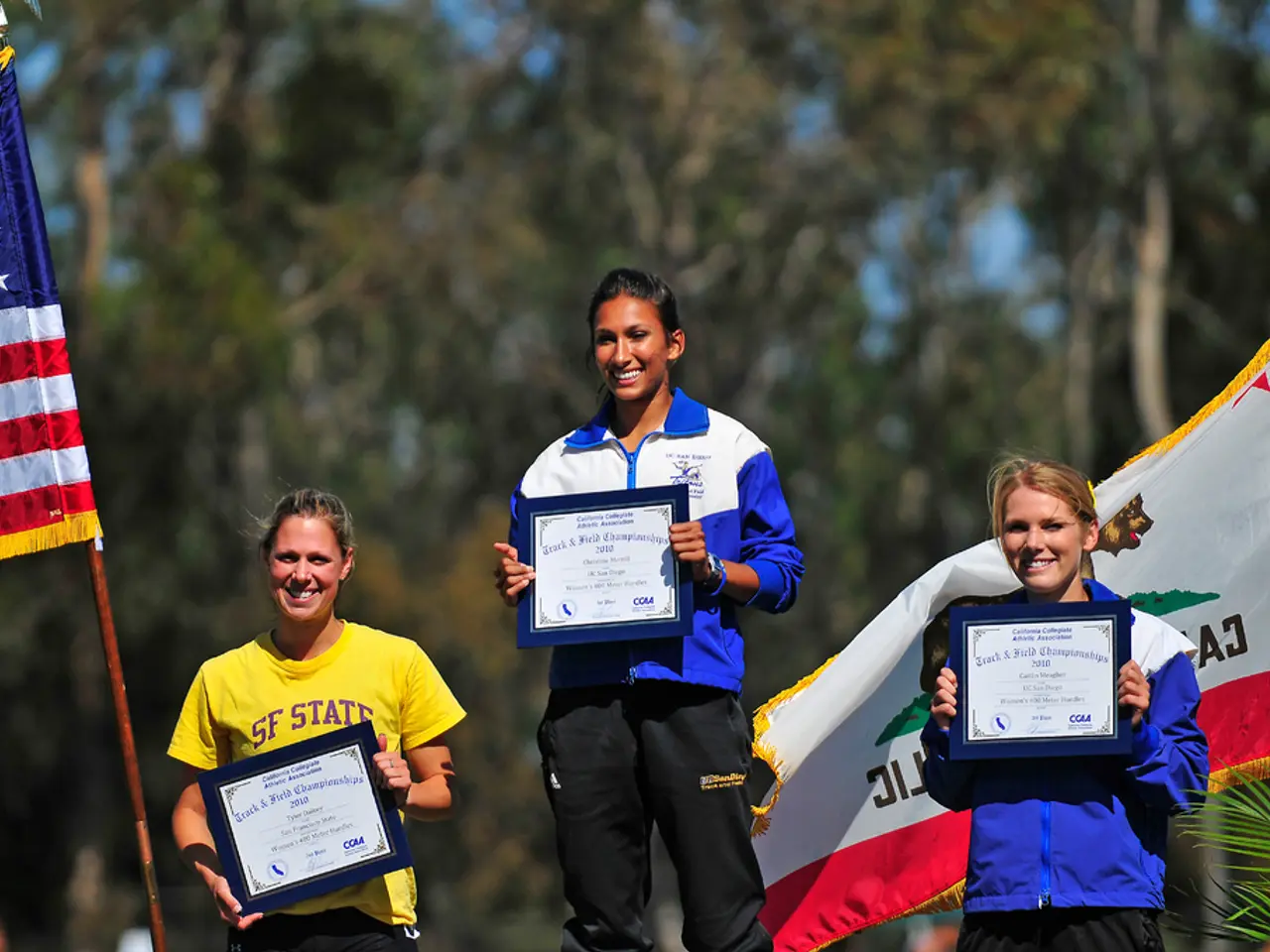Unveiling the Emerging Talents Pioneering Cancer Research
The University of Rochester School of Medicine and Dentistry has implemented a new Cancer Biology curriculum, designed to equip students with a comprehensive understanding of cancer at the molecular, cellular, and clinical levels. The curriculum, led by Paula Vertino, Ph.D., and Brian J. Altman, Ph.D., aims to foster the next generation of cancer researchers.
The Cancer Biology curriculum provides a rigorous scientific foundation, covering current and emerging topics in cancer biology. It encourages interdisciplinary learning and collaboration, reflecting the multidisciplinary nature of cancer research. Students are encouraged to critically analyse primary literature and research data, and offered mentorship and research opportunities with faculty experts like Dr. Vertino and Dr. Altman.
The curriculum prepares students for careers in academia, industry, and clinical research by developing their skills in experimental design, data interpretation, and scientific communication. One such student, Emily Whitt, is investigating the molecular switch that enables breast cancer cells to spread to other tissues. Another student, Christina Kaszuba, is studying leukemia's microenvironment in bone, hoping to discover which cell types or components contribute to cancer development.
The Wilmot Cancer Institute is building a pipeline of research trainees with a special interest in cancer. The institute, under the leadership of Dr. Vertino, offers a special course concentration in cancer research. Student-led groups like WilCaTs, led by Emily Quarato and Emily Whitt, bring together student cancer researchers, postdocs, and medical students for support and learning opportunities. WilCaTs organizes student-led workshops to teach specific lab skills or techniques, review grant applications or papers, and provide peer-to-peer learning opportunities.
Zachary Sechrist, a second-year graduate student in the Pathology-Cell Biology program, is studying cancer-related cachexia, a common side effect that diminishes quality of life and can prevent patients from withstanding certain treatments. Sechrist is working under mentor Calvin Cole, Ph.D., and is focusing on the cellular and molecular mechanisms underlying cachexia to identify a possible drug target.
The cancer research program is designed to train tomorrow's leaders in cancer research. The pipeline is gaining momentum with each new crop of students, such as Bachelard Dieujuste, a second-year student in the Biomedical Genetics and Genomics graduate program, who is focused on the phenomenon of chemical modifications turning genes on or off to promote breast cancer.
The loss of a specific modification on histone H4 causes breast cancer cells to invade surrounding tissues more efficiently, according to Emily Whitt. The Wilmot Cancer Institute's efforts to cultivate innovative, knowledgeable, and skilled scientists are evident in the research being conducted by its students.
The institute's community involvement is also growing, with WilCaTs starting to get involved in community events, such as the Wilmot Survivor's Night and the STEM Community Day. As the cancer research pipeline continues to gain momentum, the University of Rochester School of Medicine and Dentistry and the Wilmot Cancer Institute are poised to contribute significantly to future advances in understanding and treating cancer.
- The rigorous Cancer Biology curriculum at the University of Rochester School of Medicine and Dentistry delves into the molecular and cellular aspects of medical-conditions like cancer, promoting a comprehensive understanding of cancer's biological processes.
- As a student in the cancer research program, with a focus on understanding the role of specific gene modifications in breast cancer, Bachelard Dieujuste is a testament to the institute's mission of fostering innovative and knowledgeable scientists in the field of health-and-wellness, particularly cancer.




